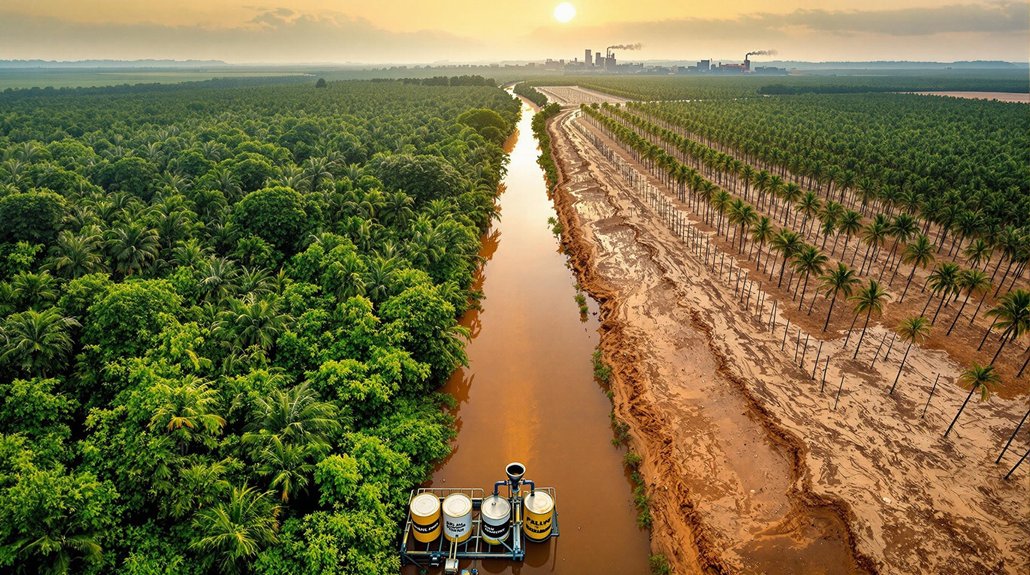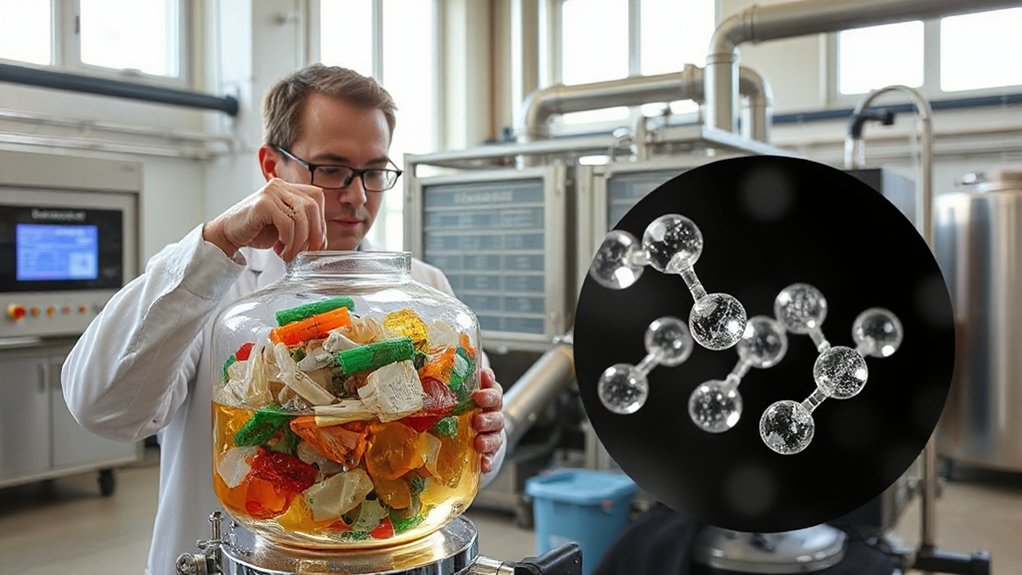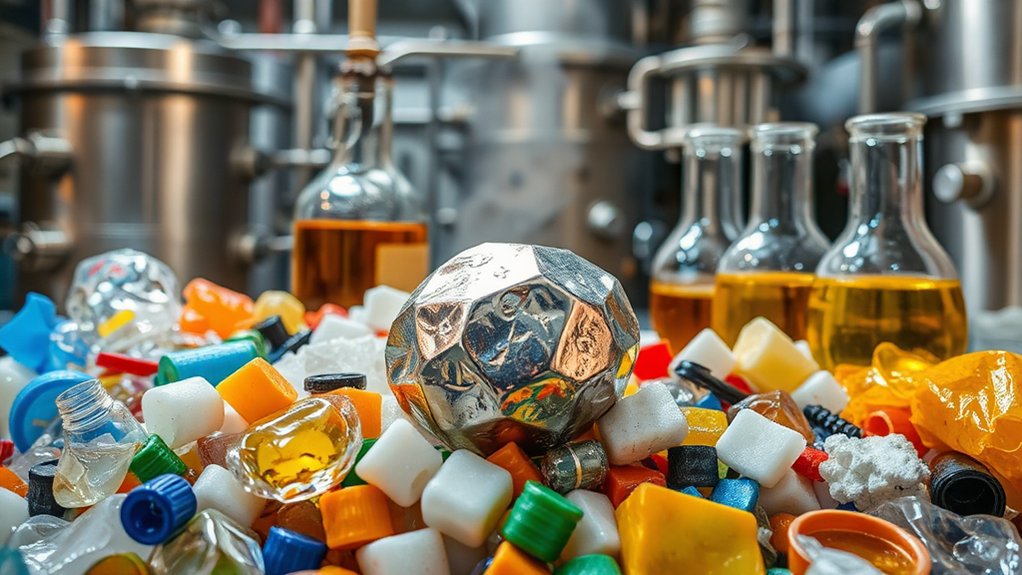A major fraud scheme is undermining green diesel initiatives worldwide. Companies are disguising regular palm oil as waste products to bypass environmental regulations in Europe and the U.S. China has become a central hub for these fraudulent exports, with imports tripling in 2023. This deception not only distorts markets but also contributes to deforestation and labor exploitation. The growing scandal threatens the credibility of sustainable biofuel programs that consumers trust.
While consumers believe they’re supporting eco-friendly biofuels, a massive fraud scheme involving palm oil has been uncovered across global markets. Raw palm oil, which faces strict regulations in the EU due to its environmental impact, is being disguised as waste products like HVO (hydrotreated vegetable oil) or POME (palm oil mill effluent) to bypass these rules.
China has emerged as a major hub for this deception. In 2023, Chinese exports of renewable biodiesel surged dramatically, with 2 million tonnes of UCO (used cooking oil) biodiesel and 800,000 tonnes of UCO shipped to European markets. These numbers far exceed what could realistically be produced in source countries like Indonesia and Malaysia.
Major oil companies are exploiting these loopholes to meet regulatory quotas cheaply. They spent around €2 billion on POME in 2023 alone. POME is now valued at prices close to virgin palm oil, suggesting it’s being used as a disguise for regular palm oil. Since January 2023, there has been a significant rise in fraudulent activities with palm oil being banned as raw material for biodiesel in Germany and other EU countries.
The fraud extends to the U.S. market as well, where UCO imports tripled in 2023. Over half of these imports came from China, raising serious concerns about authenticity. These fake imports harm local producers by undercutting domestic prices.
Beyond market distortion, this fraud has real human costs. Workers in palm oil supply chains often face poor wages and unsafe conditions. Labor standards in producing countries like Indonesia aren’t properly enforced, leaving agricultural communities without basic rights. Many workers are forced to rely on family assistance to meet unreasonably high harvesting quotas imposed by companies like Indofood.
The environmental impact is equally troubling. Instead of reducing greenhouse gas emissions, these fraudulent practices contribute to deforestation and biodiversity loss in producing regions. The political incentives for “green” labels have created market distortions that favor dubious sourcing.
Both American and European regulators are now under pressure to improve verification systems and track imported biofuel materials more carefully. Industry leaders are calling for stricter corporate accountability and more transparent supply chains to restore integrity to the renewable diesel market.









